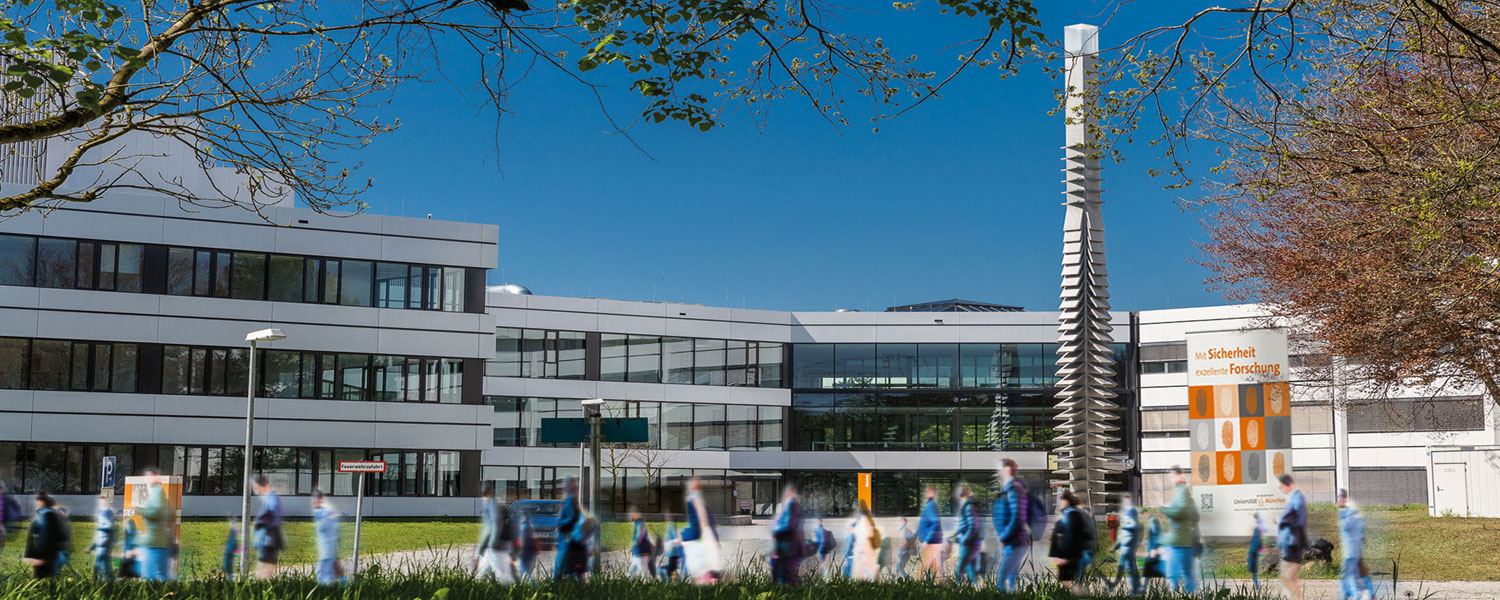The University of the Bundeswehr Munich and the German Aerospace Center (DLR) have signed a cooperation agreement on joint research and development for improved protection of critical infrastructures in Germany.
The cooperation is underpinned by close networking in terms of personnel and space: Prof. Alexander Popp, Head of the Institute for Mathematics and Computational Simulation at the University of the Federal Armed Forces in Munich, will take over as Deputy Director at the DLR Institute for the Protection of Terrestrial Infrastructures in Sankt Augustin. In addition, a new DLR field office is planned in Neubiberg, in the immediate vicinity of the university. Within this framework, scientists from the University of the Federal Armed Forces Munich and DLR will be able to conduct joint research on new computer-based simulation methods and AI technologies for digital twins.
Lifelines of modern societies
Critical infrastructures are the indispensable lifelines of modern, efficient societies. They include, for example, motorway and railway bridges in the transport network, facilities for drinking water supply and wastewater disposal or electricity and telecommunications networks. Acute threat situations due to terrorism or cyber attacks and dramatic emergency situations, such as during the flood of the century in 2021, put the question of protective measures at the centre of national interest. At the same time, more and more areas of public life are experiencing the long-awaited surge in digitalisation. This is particularly evident in the increased use of computer-assisted modelling, simulations and artificial intelligence technologies. The two research partners are focusing on this in order to protect critical infrastructures even more effectively and comprehensively in the future.
Digital twins as the key to resilience
Virtual images, so-called “digital twins”, are particularly valuable for critical systems and facilities, as they can be simulated with data support over their entire service life. This technology is already being intensively researched at the DLR Institute for the Protection of Terrestrial Infrastructures. In contrast to classic simulation models, digital twins can be constantly adapted, updated and further developed using sensor data. They can thus be used for a wide range of tasks in optimisation, real-time forecasting and monitoring. If appropriately designed, digital twins can play a key role in the resilience management of critical infrastructures. Resilience is the ability of a system to cope with the effects of non-specific and possibly unforeseen disruptions. This ability depends on the availability and extent of a range of capabilities and strategies.
Up to now, physics-based simulation methods and data-based approaches have mostly been perceived as opposites. In Sankt Augustin and Neubiberg, however, the research partners will take up and further develop the cutting-edge concept of the “hybrid” digital twin. This is intended to combine the advantages of the respective methods. In future, for example, calculations from parametric simulation models could be compared and linked with direct sensor data and expert knowledge.
Unique research landscape and synergy effects
The University of the Federal Armed Forces Munich and DLR are joining forces in security research, thus enabling synergy effects that go far beyond their respective research profiles. Michael Langerbeins, acting director of the DLR Institute for the Protection of Terrestrial Infrastructures, emphasises: “We are looking forward to working with Prof. Popp and the many other scientists at the University of the Federal Armed Forces in Munich, which will enrich our young institute enormously. Modern simulation methods and AI technologies are essential key elements to protect critical infrastructures in Germany on a wide scale and to increase resilience to a wide variety of threat situations.”
From the university’s side, a comprehensive research landscape in security research is being brought into the cooperation, which has developed over the last ten years into a flagship of the university that is recognised throughout Germany. First and foremost, this includes the RISK research centre – Risk, Infrastructure, Security, Conflict. But the Centre for Digitisation and Technology Research of the German Armed Forces (dtec.bw) has also been increasingly establishing itself as a nucleus for cutting-edge research since its foundation in 2020.
For the research cooperation with DLR, the interdisciplinary project RISK.twin in particular plays a decisive role, as project leader Prof. Popp explained at the signing of the contract: “Through the broad competences from our classic faculty portfolio, first and foremost from the Faculty of Civil Engineering and Environmental Sciences, through the RISK research centre, through our innovative dtec.bw project RISK.twin and now precisely through the close cooperation with DLR, a unique ecosystem for research and development for the protection of critical infrastructures is being created between Sankt Augustin and Neubiberg. It is an extraordinary privilege to be able to help scientifically shape the development of this ecosystem for a research topic of national interest.”
The first joint research topics have been set. Among other things, the University of the Federal Armed Forces Munich and DLR will develop simulation models with reduced complexity for critical infrastructures and integrate them into the concept of the digital twin. Compared to classic, purely sensor data-based AI technologies, the two partners hope that this will lead to significantly improved prediction in the analysis of risk scenarios and in the resilience assessment of critical infrastructures – for an immediate increase in security for the state and society.





